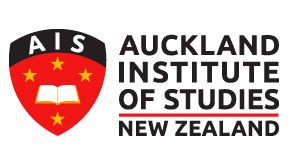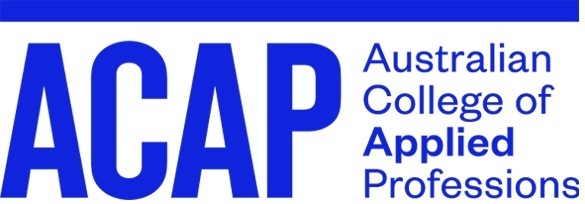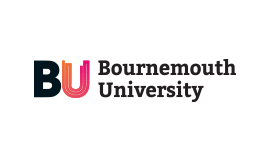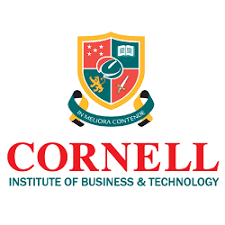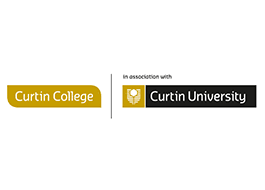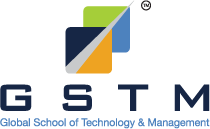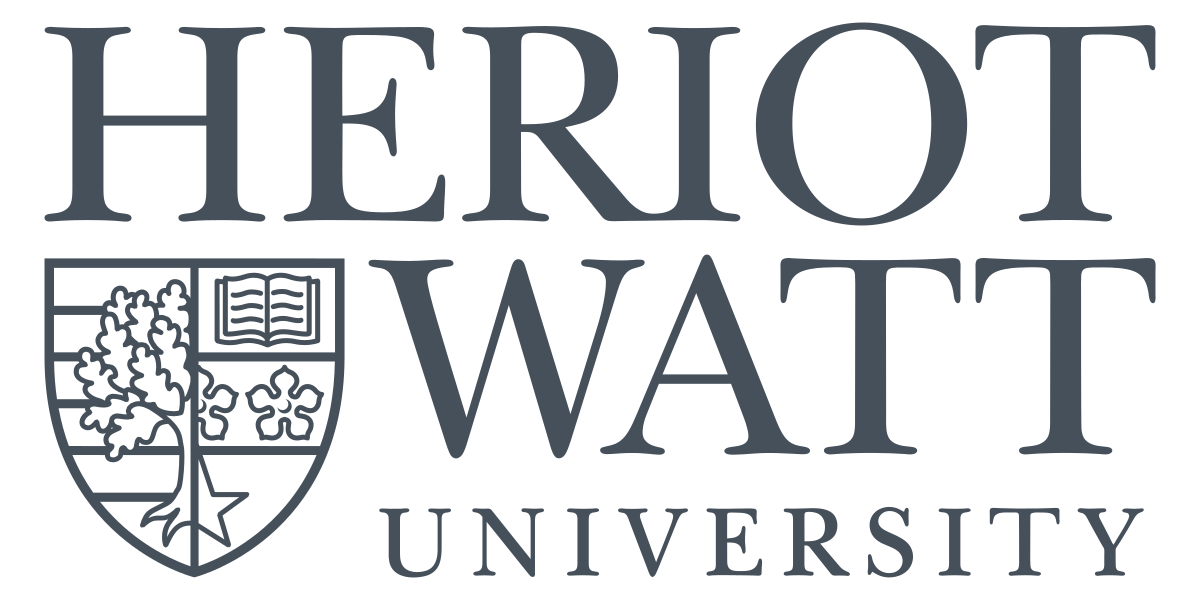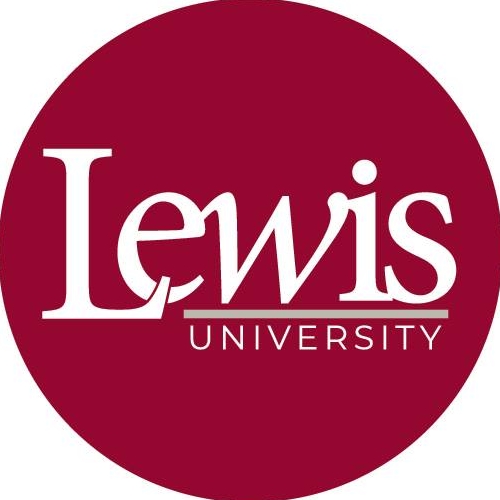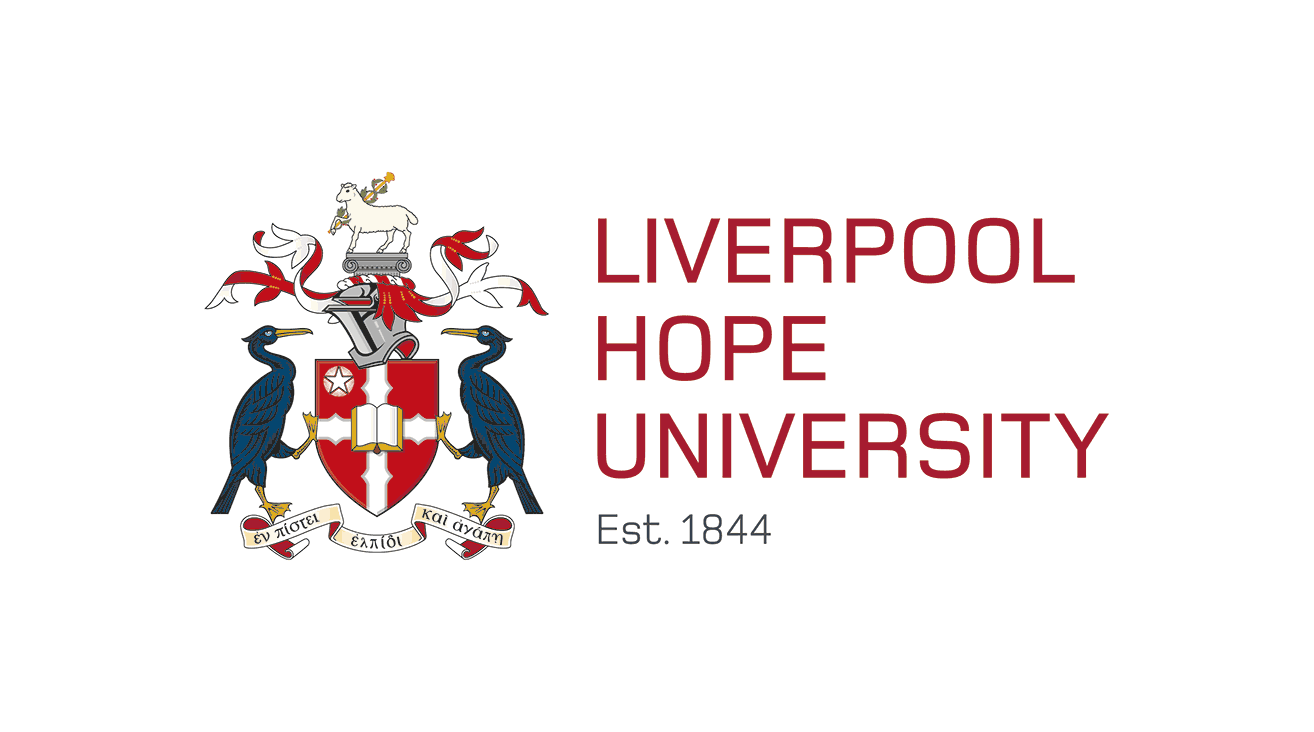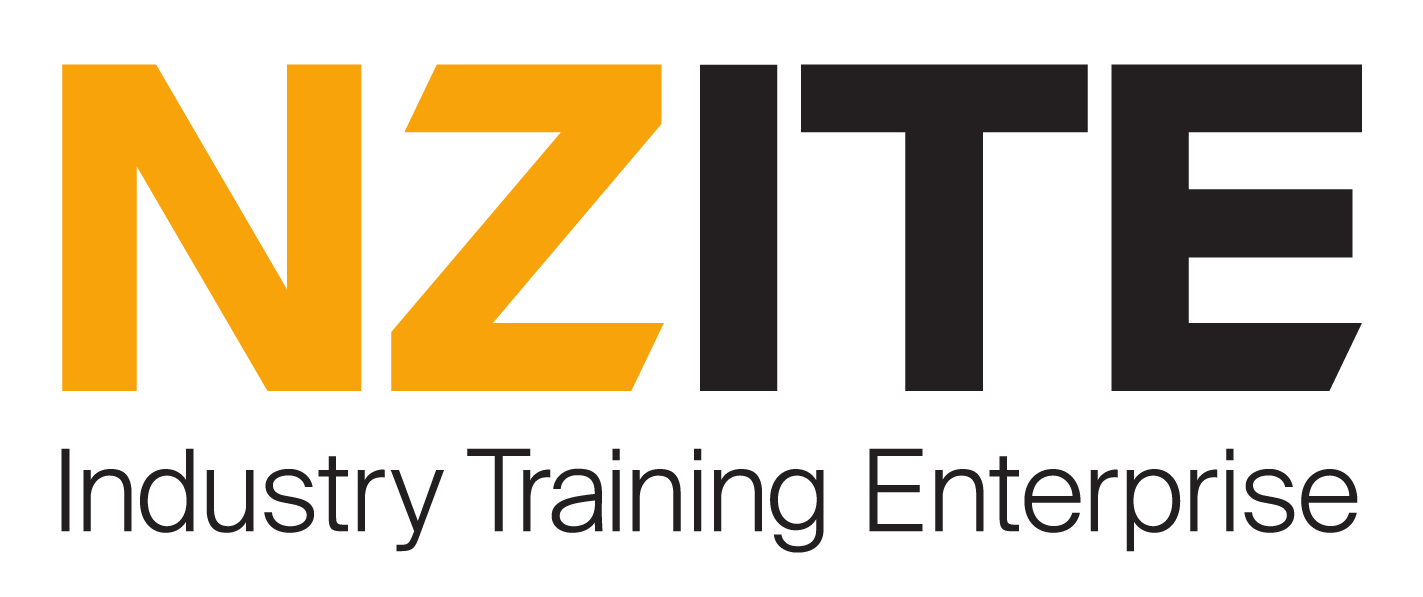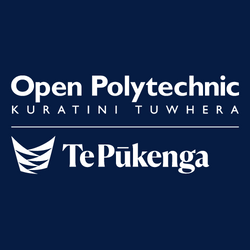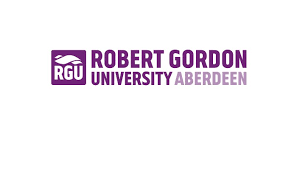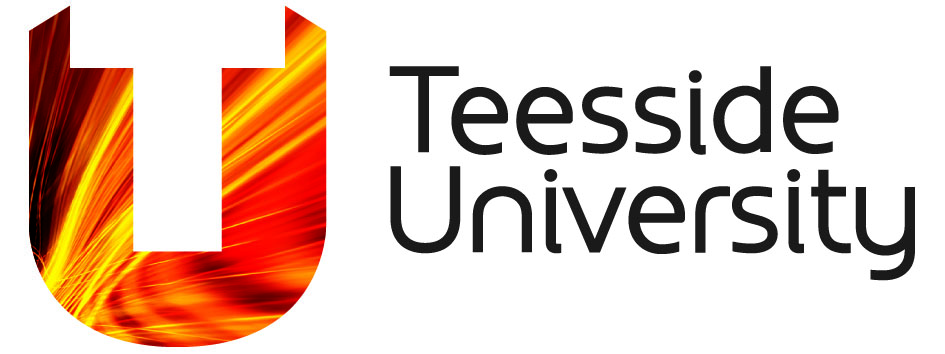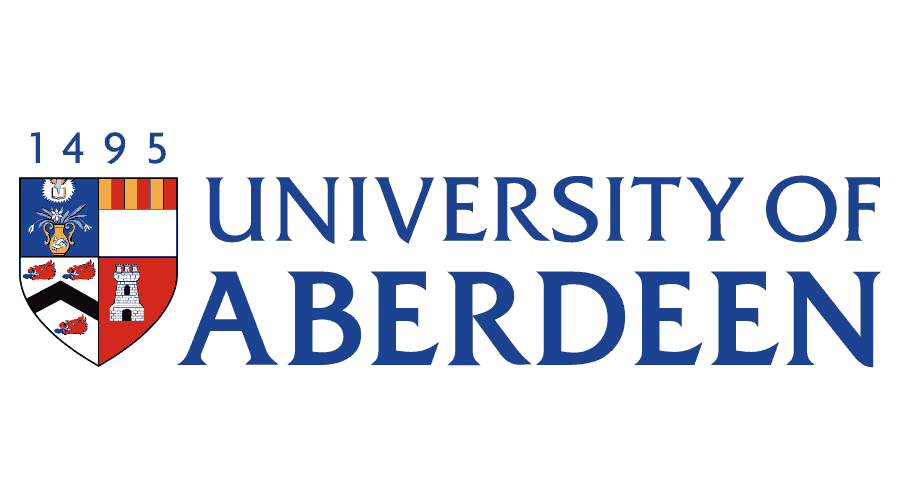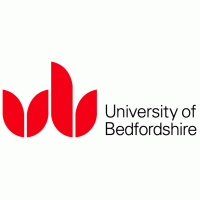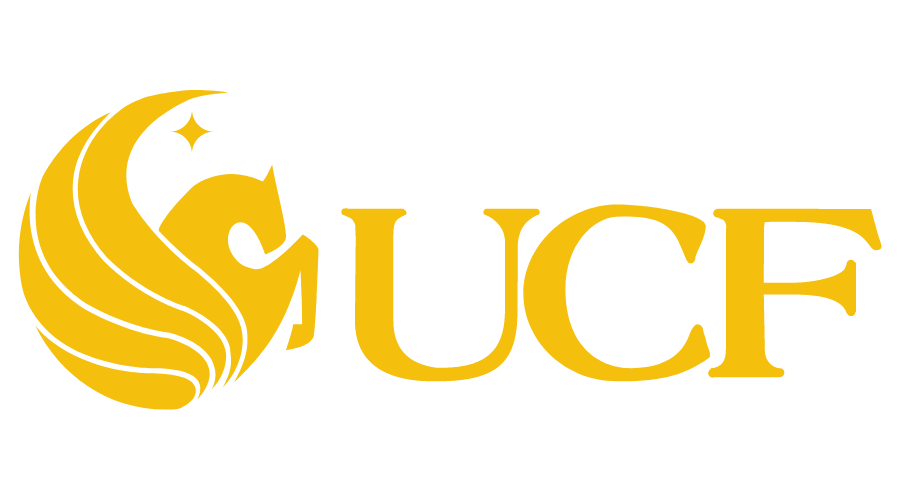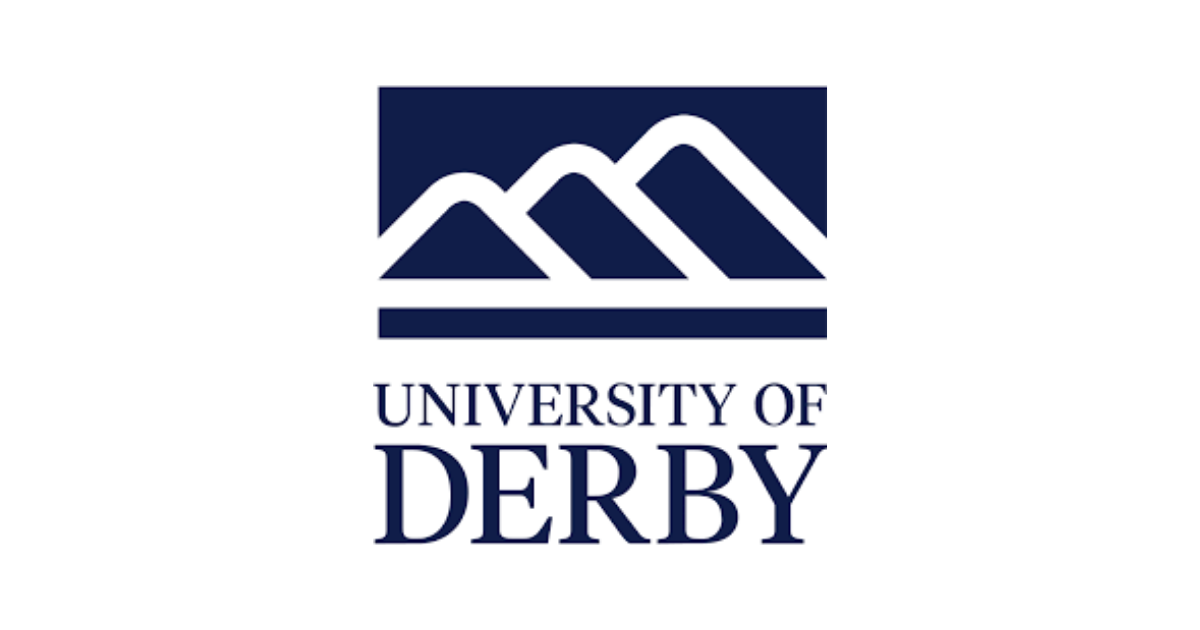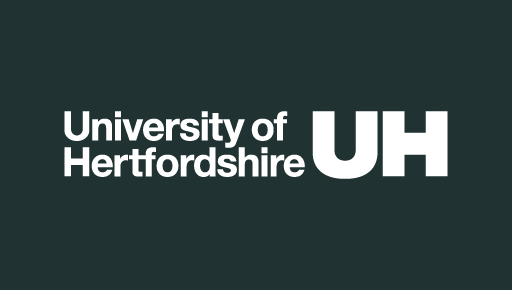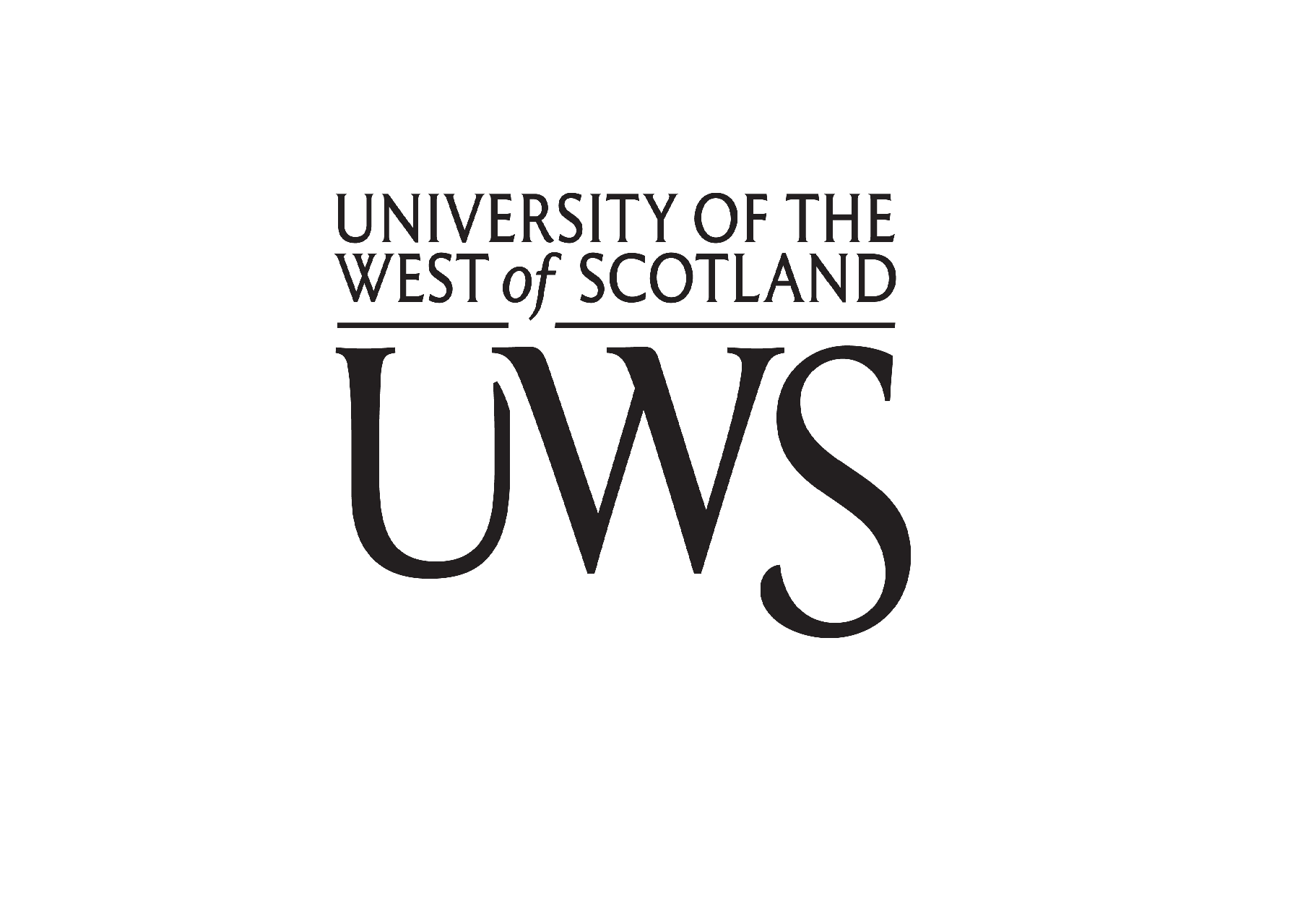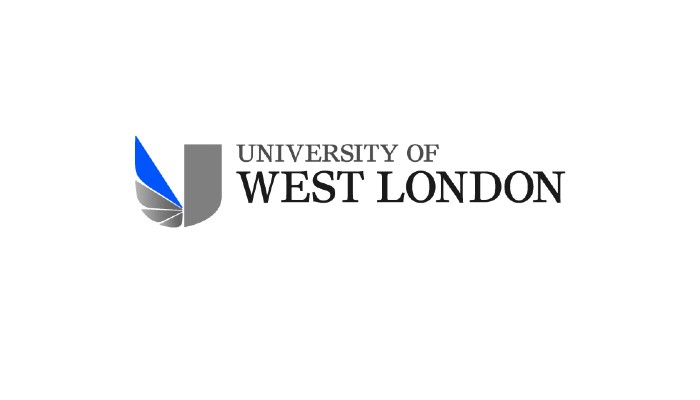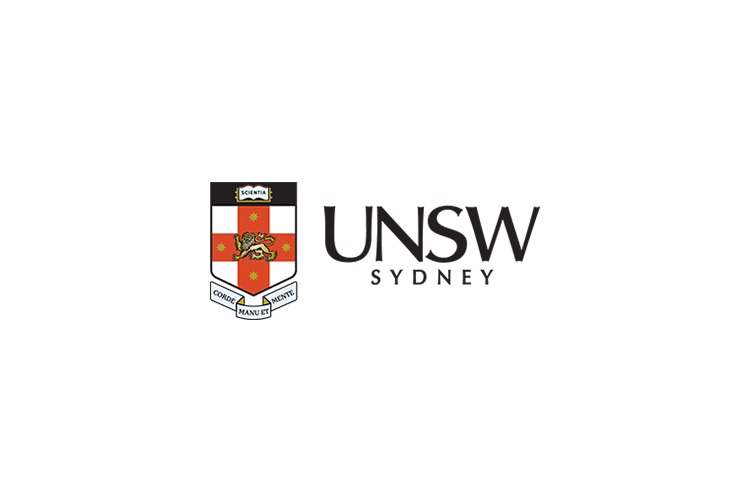Study Information Technology Abroad: A Gateway to Global Tech Careers
Are you an Indian student passionate about technology and dreaming of a career in the fast-paced world of Information Technology (IT)? Studying IT abroad opens doors to world-class education, cutting-edge research, and international job opportunities. From coding innovative apps to securing global networks, an IT degree equips you with skills that are in high demand worldwide. This page explores everything you need to know about pursuing a Bachelor's, Master's, or even PhD in Information Technology abroad, tailored for Indian students seeking to elevate their tech journey.
Why Choose Information Technology Abroad?
The IT sector is booming globally, with a projected growth rate of over 15% annually, according to reports from Gartner and Statista. For Indian students, studying abroad in IT means accessing advanced curricula that blend theory with practical applications, something often limited in domestic programs due to resource constraints.
- Global Exposure: Learn from diverse faculty and collaborate with international peers, fostering innovation and cultural adaptability.
- State-of-the-Art Facilities: Universities abroad offer access to high-end labs, AI simulators, and cloud computing resources not always available in India.
- Industry Connections: Many programs include internships at tech giants like Google, Microsoft, or IBM, giving you a head start in your career.
- Higher Earning Potential: IT graduates from abroad often command salaries 2-3 times higher than their Indian counterparts, with starting packages exceeding $70,000 in countries like the USA and Canada.
Moreover, for Indian students, this path aligns perfectly with the growing IT outsourcing industry back home, allowing you to bring international expertise to Indian firms like Infosys or TCS upon return.
Popular Destinations for IT Studies
Choosing the right country is crucial. Here’s a breakdown of top destinations popular among Indian students for IT programs:
| Country | Top Universities | Average Tuition (INR per year) | Key Advantages |
|---|---|---|---|
| USA | MIT, Stanford, Carnegie Mellon | 25-40 lakhs | STEM OPT visa for up to 3 years work post-study; Silicon Valley hub |
| Canada | University of Toronto, UBC, Waterloo | 15-25 lakhs | Post-Graduation Work Permit (PGWP) up to 3 years; affordable living |
| Australia | University of Melbourne, UNSW, Monash | 20-30 lakhs | Temporary Graduate Visa (485); strong focus on cybersecurity and AI |
| UK | Imperial College, University of Edinburgh, UCL | 20-35 lakhs | Graduate Route visa for 2 years work; short program durations (1-year Master's) |
| Germany | Technical University of Munich, RWTH Aachen | 0-10 lakhs (public unis) | Tuition-free education; emphasis on engineering and software development |
These countries welcome over 200,000 Indian students annually, with IT being the most sought-after field. Visa success rates for Indian applicants are high (around 80-90%) when applications are well-prepared.
Course Structure and Curriculum
IT programs abroad are designed to be flexible and interdisciplinary, typically spanning 3-4 years for Bachelor's and 1-2 years for Master's. The curriculum emphasizes hands-on learning, with a mix of core and elective modules.
Bachelor's in Information Technology (BSc/BTech IT)
A foundational degree focusing on building technical proficiency.
- Core Subjects: Programming (Java, Python), Data Structures, Database Management, Networking Fundamentals.
- Electives: Web Development, Mobile App Design, Introduction to AI and Machine Learning.
- Practical Components: Capstone projects, hackathons, and industry placements (often 6-12 months).
Master's in Information Technology (MSc/MTech IT)
For those with a Bachelor's, this advanced degree dives deeper into specialized areas.
- Advanced Topics: Cloud Computing (AWS/Azure), Cybersecurity, Big Data Analytics.
- Research Focus: Thesis on emerging tech like Blockchain or IoT, ideal for PhD aspirants.
- Professional Skills: Agile Methodologies, Software Engineering Principles, Ethical Hacking.
Many universities, like those in the USA, integrate certifications such as Cisco CCNA or CompTIA Security+ into the curriculum, boosting your resume. For Indian students, bridging courses in English and math may be required if your 12th-grade scores are below certain thresholds.
Key Skills You'll Acquire
Studying IT abroad hones a versatile skill set that's transferable across industries.
- Technical Skills: Coding in multiple languages, system design, and troubleshooting complex networks.
- Soft Skills: Problem-solving under pressure, teamwork in multicultural settings, and communication for tech presentations.
- Emerging Tech: Proficiency in AI, machine learning, and data science—fields where India leads globally but needs more international-trained talent.
- Analytical Thinking: Ability to analyze vast datasets, crucial for roles in fintech or e-commerce.
Graduates often report a 40-50% improvement in coding efficiency and innovation capabilities compared to peers who studied solely in India.
Career Prospects After Graduation
The IT job market is robust, with unemployment rates under 2% for qualified professionals. As an Indian student, you'll benefit from global mobility.
Top Job Roles:
- Software Developer/Engineer
- Cybersecurity Analyst
- Data Scientist
- IT Consultant
- Cloud Architect
Average Salaries (Post-Graduation):
| Role | USA (USD) | Canada (CAD) | India (on return, INR lakhs) |
|---|---|---|---|
| Software Developer | 90,000-120,000 | 80,000-100,000 | 10-20 |
| Cybersecurity Analyst | 100,000-130,000 | 85,000-110,000 | 12-25 |
| Data Scientist | 110,000-150,000 | 90,000-120,000 | 15-30 |
Many alumni secure H-1B visas in the US or PR pathways in Canada/Australia. Back in India, firms like Wipro and Accenture prioritize abroad-educated candidates for leadership roles.
Eligibility and Application Requirements for Indian Students
Getting started is straightforward but requires planning.
- Academic Qualifications: 10+2 with 60-70% in PCM for Bachelor's; Bachelor's degree with 55-65% for Master's.
- Standardized Tests: IELTS/TOEFL (6.5+ band), GRE/GMAT for some US programs.
- Documents Needed: Transcripts, SOP (Statement of Purpose), LORs (Letters of Recommendation), and passport.
- Visa Essentials: Proof of funds (20-50 lakhs), acceptance letter, and health insurance.
Apply 8-12 months in advance via university portals or platforms like Common App. Scholarships like Fulbright (USA) or Chevening (UK) can cover up to 100% of costs for meritorious Indian students.
Costs, Scholarships, and Financial Planning
Budgeting is key for Indian families.
Estimated Total Costs (for 1 Year Master's):
- Tuition: 15-40 lakhs
- Living Expenses: 8-15 lakhs
- Other (Visa, Travel): 2-5 lakhs
- Total: 25-60 lakhs
Scholarships for Indian Students:
- Inlaks Shivdasani Foundation: Up to 10 lakhs for tuition.
- DAAD Scholarships (Germany): Full funding for Master's.
- Endeavour Awards (Australia): Covers tuition and living costs.
- University-Specific: MIT's India Fellowship or UBC's International Leader of Tomorrow Award.
Part-time jobs (20 hours/week) can earn 5-10 lakhs annually, helping offset expenses. Education loans from Indian banks like SBI offer up to 1.5 crore at 8-10% interest.
Tips for Indian Students Pursuing IT Abroad
Navigate your journey smoothly with these insights:
- Cultural Adaptation: Join Indian student associations for Diwali celebrations and homesickness support.
- Academic Success: Leverage free tutoring and attend office hours; time management is vital with rigorous coursework.
- Networking: Attend tech conferences like CES or local meetups to build connections.
- Health and Wellness: Prioritize mental health; many unis offer counseling free of charge.
- Post-Study Plans: Research immigration policies early—Canada's Express Entry favors IT skills.
Studying IT abroad isn't just about a degree; it's about transforming into a global tech leader. With India's digital economy projected to reach $1 trillion by 2025, your international IT expertise will be invaluable. Start your application today and code your future!
Last Updated: [Current Date]. For personalized advice, contact our study abroad counselors.


